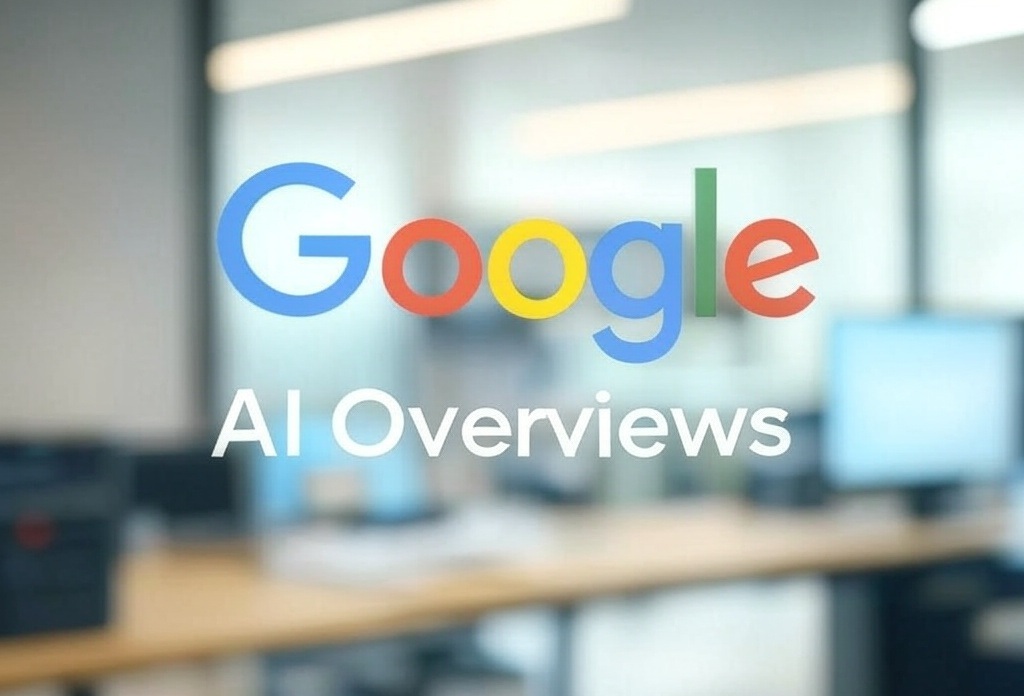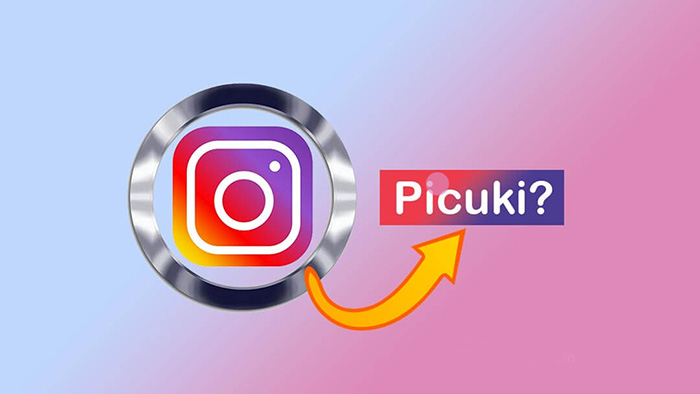With the high rise of SEO, numerous mind blowing hypotheses are circulating on what will give you that high search engine ranking. From the popular 3-7% keyword density rule, to having all keywords in bold, along with having the text as close to the top of a page as possible, we can do away with all these theories as it comes down to 6 basic points.

1.Keyword choice
Perhaps the most important is the choice of keywords. If you select keywords that have very few or no searches, it will be a total waste of time to optimize them. It would be pointless to get a no.1 rank for a keyword that isn’t searched. Make use of keyword research tools like Google Keyword Tool, Wordtracker, or Keyword Discovery, and establish what internet users look for in search engines.
With this info, your next course of action would be to find out the level of competition and what it will take you to get a good ranking for each keyword phrase. This you can do by looking at the number of pages competing for the same keywords in the search engines and the number of incoming links that the top 10 ranked websites get. A handy tool to use here is LinkPopularity.com. With enough time and knowledge, you can forge ahead for the a little more competitive keywords.
2. Good On/off-the-Page Factors
When it comes to on-the-page-factors, ensure you have enough amount of text-based content, a very powerful link between all your web pages, and nice title tags. Part of your content and title tags should have the keywords, but ensure you don’t stuff them in the text. Write the keywords around your content, and not your content around your keywords.
Of-the-page factors on the other hand is more of reducing the codes in your web pages i.e. putting the codes in external files like Style Sheets and JavaScript and using a website design that will ensure your web content get indexed by the search engines.
3. Incoming Links
The last couple of years have seen many webmasters relying heavily on getting incoming links. Each incoming link is perceived by the search engines as a promise from the other website and the more links you get; the more trustworthy your website is to the search engines. Note however that you have to get links that are relevant to your website in that the sites linking to yours should have some kind of affiliation in terms of themes.
4. Keyword placement
Keyword placement is equally important. The keywords need to be present in the meta-data, title, the headings, and within the content as well. While the meta tags in the HEAD section of the page are said to be largely deprecated by Google, other search engines are said to utilize them. However, Google and others do display the description meta-tag for the link description on the SERPs, and that description can be quite an effective lure for the surfers querying the engine.
5. Internal Linking
Links are gold, if they’re to and from good neighborhoods and related to the content on the page as well, but they are golden to search engines with relevant anchor text. Keywords need to be in the anchor text and almost as important within the alternate text for links. Further, internal linking is almost as important as external linking, and external linking is almost as important as inbound links. Finally, the link text, anchor text and alternate text all needs to be natural.
6. Press Release
Write press releases to publicize your new business, a new service offering etc. you may in the end get several links in addition to the fact that press releases tend to stay for long on the web. When all is said and done, ensure you provide very relevant information. Remember that when a potential customer gets enough information to be able to make a wise informed decision, they are highly likely to make a purchase. Just like you would want to link to a good website that has relevant informative content, so are other websites. Keep your link building process gradual and steady from different sources and repeat the steps on and on and on.
While arguably the top six basic techniques, these techniques by themselves will greatly impact the SERPs for a page as well as the page’s site. Indeed, as a site matures and evolves, keywords can change as can links, so it is advantageous to review the SEO that has already been implemented.
As long as you stick to the 6 main key points of SEO, with time you will notice you get a powerful web presence in search engines. Although you can do it personally if you have the time and knowledge, you can also hire a SEO Company in India to help you in that aspect. Having said that, don’t spare time but utilize the opportunities that the internet provides which can benefit you and your business.













Leave a Reply